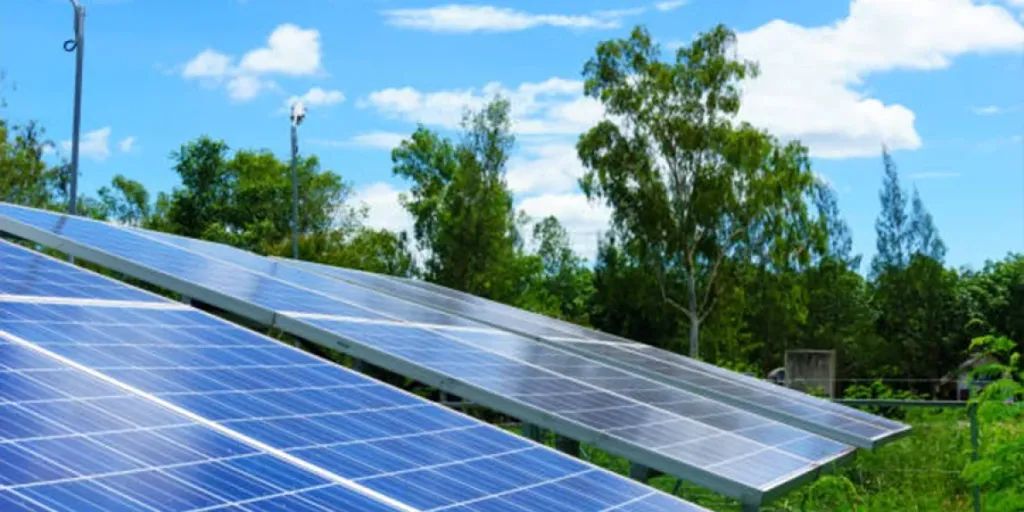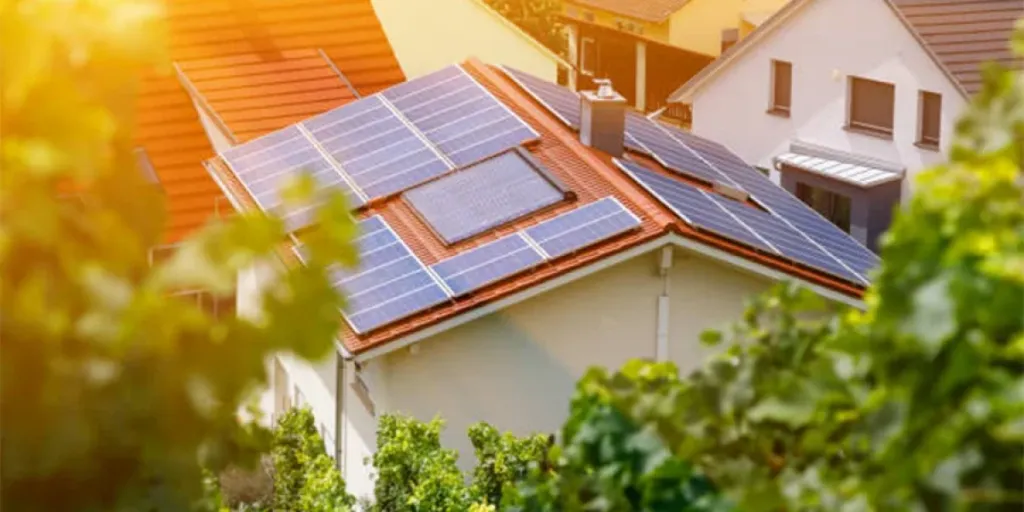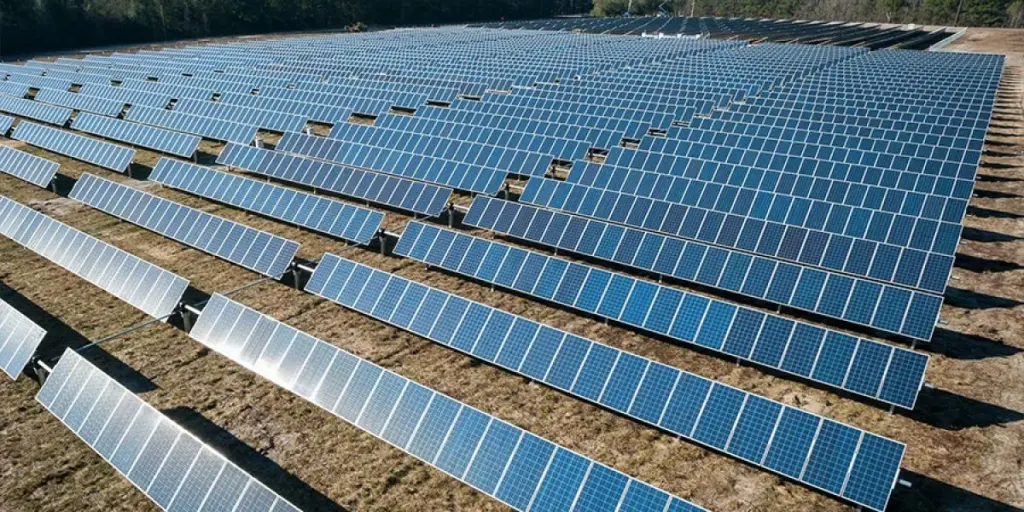A European research consortium has produced a prototype solid-state battery using a new manufacturing process that reportedly achieves high energy densities and can be implemented on modern lithium-ion battery production lines.

From pv magazine Germany
European researchers have developed a prototype lithium-metal battery with a solid electrolyte, offering 20% higher energy density than current lithium-ion batteries.
The “SOLiDIFY” consortium, composed of 14 European research institutes and partners, developed a battery with a pouch cell with an energy density of 1,070 Wh/L, compared to 800 Wh/L in standard lithium-ion batteries.
The consortium created a pouch cell with an energy density of 1,070 Wh/L at EnergyVille, a Belgian research laboratory. The group said state-of-the-art lithium-ion batteries only reach about 800 Wh/L.
The team used a thick cathode made of nickel, manganese, and cobalt (NMC) with a thin lithium-metal anode and a thin separator of solid electrolyte. Solvionic, a France-based tech company, developed the solid-state electrolyte, using a polymerized nanocomposite material based on an ionic liquid specifically for the prototype.
The electrolyte changed phase from liquid to solid, allowing the application of thin electrolyte layers of 20 micrometers on 100-micrometer cathodes. This advancement enables the creation of compact battery cell stacks and higher volumetric energy densities.
The Swiss Federal Laboratories for Materials Science and Technology (Empa) has already applied for a patent for the new approach.
The consortium developed a manufacturing process that operates at room temperature and uses existing lithium-ion battery production lines.
The group estimates the cost of the batteries at €150 ($166)/kWh, compared to BloombergNEF’s current estimates of €67/kWh for lithium iron phosphate batteries and €93/kWh for high-nickel NMC batteries.
Empa has said that a price of €150/kWh still offers affordable technology transfer in the industry.
The consortium partners have reduced the cell’s charging time to three hours and improved its thermal stability compared to lithium-ion cells.
The researchers said they plan to scale up the technology in the next step.
This content is protected by copyright and may not be reused. If you want to cooperate with us and would like to reuse some of our content, please contact: editors@pv-magazine.com.
Source from pv magazine
Disclaimer: The information set forth above is provided by pv-magazine.com independently of Alibaba.com. Alibaba.com makes no representation and warranties as to the quality and reliability of the seller and products. Alibaba.com expressly disclaims any liability for breaches pertaining to the copyright of content.





 Afrikaans
Afrikaans አማርኛ
አማርኛ العربية
العربية বাংলা
বাংলা Nederlands
Nederlands English
English Français
Français Deutsch
Deutsch हिन्दी
हिन्दी Bahasa Indonesia
Bahasa Indonesia Italiano
Italiano 日本語
日本語 한국어
한국어 Bahasa Melayu
Bahasa Melayu മലയാളം
മലയാളം پښتو
پښتو فارسی
فارسی Polski
Polski Português
Português Русский
Русский Español
Español Kiswahili
Kiswahili ไทย
ไทย Türkçe
Türkçe اردو
اردو Tiếng Việt
Tiếng Việt isiXhosa
isiXhosa Zulu
Zulu